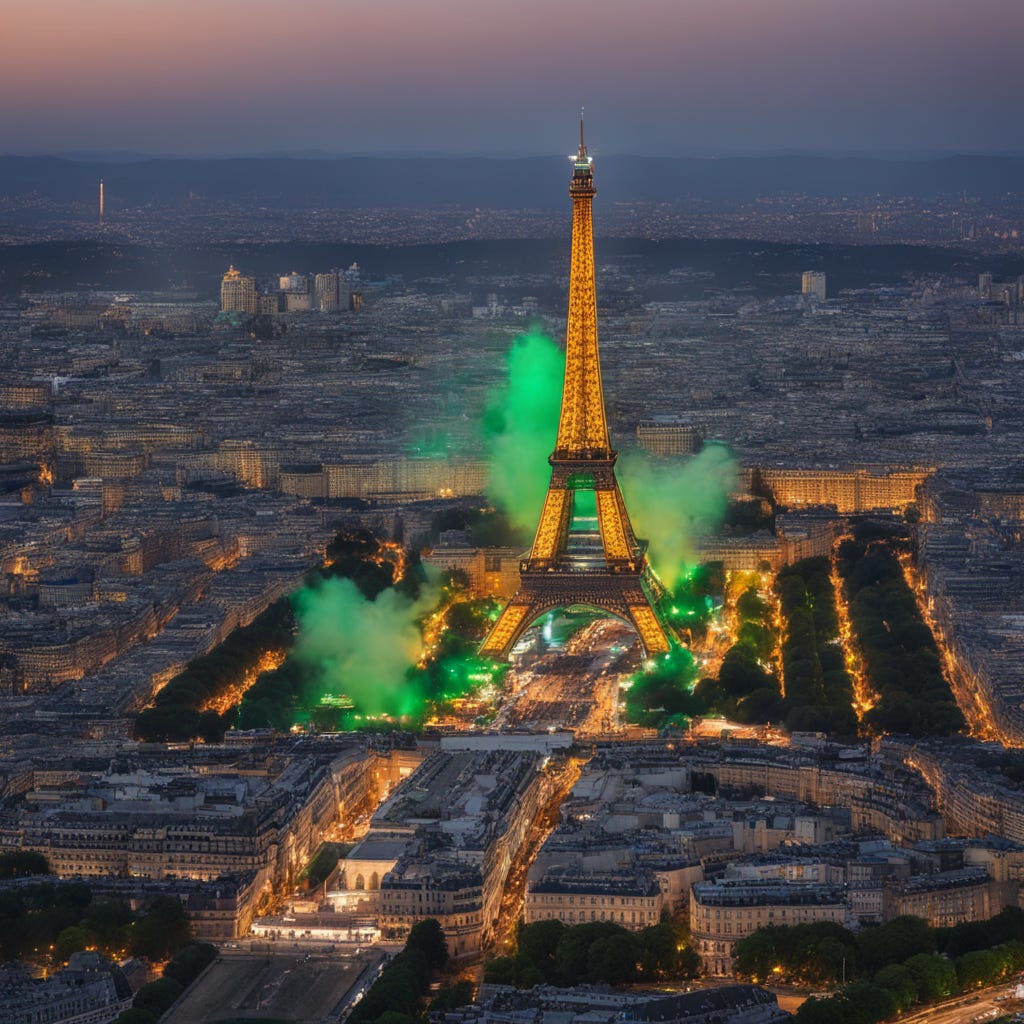It’s What You Live For
Handré Pollard gets what many of us miss
“You love this hey? The more under, the more canine, the better, right?” Jules said this to me midway through the first half of the Rugby World Cup semi-final against England. This was a reference to my previous essay, Punk Rock Rugby. “Oh, no, no… Not during the match! You don’t want to be the underdog during the match. It’s before the match that being written off is okay.”
Four hours of knockout rugby within seven days, and two solitary points decided the Springboks’ playoff matches against both France and England. And it was none other than Handré Pollard, with two perfectly executed penalty kicks at the eleventh hour, who turned the tides in their favour. When the final whistle blew last Saturday, and the Springboks secured their place in the 2023 Rugby World Cup Final, a sense of exhilaration tinged with trepidation coursed through many South Africans, as they pondered the prospect of such an ordeal once more.
Upon receiving the Player of the Match award, Pollard was asked what went through his head in the biggest moment of the match. The moment in question was the nerve-racking experience of lining up a kick from nearly 50 meters, poised to hoist the Springboks ahead for the first time in the match. Without missing a beat, he responded, “It’s what you live for.”
Unless Pollard misheard the question, his response was profound. After all, she didn’t ask how he was feeling at the final whistle, or receiving the award, but rather the moments when the game was in the balance and he had his nation’s hopes on his shoulders. Standing over that ball on a wet, windy night before a howling, scowling, Parisian crowd must be a lonely place. I didn’t for a second want to trade places with him. I could barely watch it.
In the ultimate episode of the brilliant YouTube show, Boks Office, Springbok legend Jean De Villiers, shared his perspective on Pollard's post-match interview. What struck him was how he was still completely in The Zone: “He didn’t smile, his answers were controlled, and it was as if he was still in that moment.”
“Everything worth doing is hard,” they say, and I’ve thought about Pollard’s words a lot this week. It’s so easy to think about peak moments without thinking about the work that goes in, particularly when you find yourself in those lonely places where it’s just you and your thoughts, and you’re wondering whether things are going to plan.
Perhaps Pollard is onto something. Seeing the way he strode onto the field two weeks in a row after being out of test rugby for over a year, you would hardly guess that his team was down on the scoreboard staring defeat in the face. What if, like Pollard, we embraced the hardest, loneliest moments on our journeys as part and parcel of what we are striving for?
Sport’s power to change the world is something that rings truer for South Africans than most: partly because we feel we need it to be true and partly because Nelson Mandela told us it’s true. Following the Springboks' confrontation with the All Blacks in 1995, the sight of President Mandela presenting the Webb Ellis Cup to Francois Pienaar is, for many, the first moment when South Africans felt a sense of unity.
You can take the view that this 2023 Springbok vintage has been outplayed at times, but far more remarkable is their ability to dig deep in the darkest and loneliest moments. And when Handré Pollard lined up to kick what would be the match-winning points in the quarter-final against France, we can agree for sure with something that Bongi Mbonambi did indeed say. He shouted repeatedly to the team, and to Pollard, “It’s for South Africa.”
I felt that.
My brother, Gareth Rosslee, has written two excellent essays on the Rugby World Cup. Check out You Never Lose Control of the Dog and Stronger Together.

